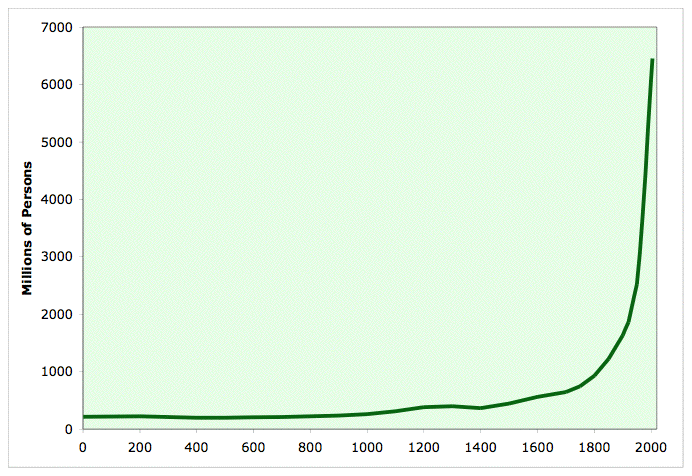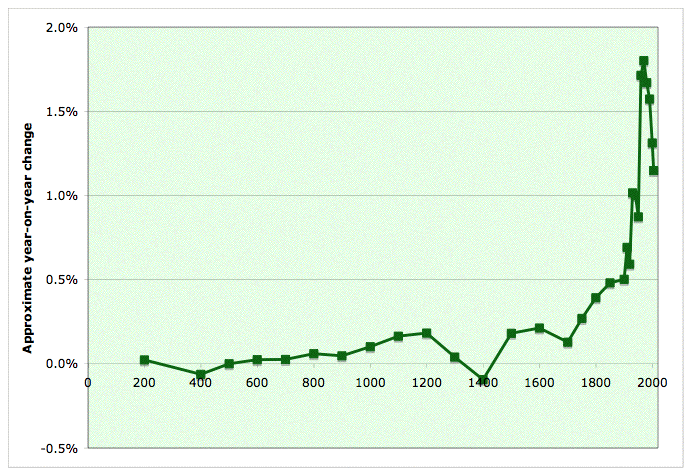In Hiroshima’s shadow, let’s be honest about nuclear radiation
Silicon Valley
MercuryNews.com
By Rahna Reiko Rizzuto
03/16/2011Keiko Ogura writes me from Japan: "The number of hibakusha is increasing." The Japanese term, which was once used to refer to the atomic bomb victims in Hiroshima and Nagasaki, has come to mean any person poisoned by radiation in nuclear testing, accidents or acts of war. It will be years before we know the true number of new hibakusha. Keiko herself is a hibakusha – one of many I interviewed when I lived in Hiroshima in 2001. She was 8 when the first atomic bomb exploded over Hiroshima. She saw the black rain. She gave water to the dying. Her father cremated piles of bodies for weeks. She has devoted her life to peace activism, and is the founder and leader of the Hiroshima Interpreters for Peace.
In August 1945 in Hiroshima and Nagasaki, 170,000 people were killed immediately, but the total number of "bomb-affected people" peaked around 380,000. These are people who may not even have appeared sick immediately, but have suffered high rates of cancer, blood disorders, fatigue and other ailments over a period of years. They were not all in the city centers when the bomb was dropped; some came in later to search for family members and help with rescue and cleanup. What we know about radiation exposure and its effects on living creatures comes from Japan. The fact that there is so much that is not common knowledge is also Japan’s legacy. After the bombs were dropped, pictures and video were censored, confiscated and classified, and news reports limited.
America did not see the charred bodies clogging the rivers, or the people with their skin hanging off like rags. The American and Japanese governments established the Atomic Bomb Casualty Commission to study the immediate and long-term effects in humans, according to age, location and other factors. My great-aunt worked for this organization as file clerk and, sometimes, translator – traveling with the doctors, asking for the bodies of the dead babies. She was very proud to be helping until she realized the data was being classified and medical care was not being provided. In 1957, the Hibakusha Medical Law allowed for examinations and treatment at the Japanese government’s expense. As a result, doctors in Japan have more experience than anywhere else in the world with identifying and managing radiation-related illnesses. They cannot, however, provide a cure. Radiation cannot be healed, nor does it go away.
The official talk about "acceptable radiation levels," as a way to downplay the threat to human health, does not serve anyone. If we downplay the effects of radiation, and change our modeling to allow for higher acceptable levels, as some scientists are calling for, we only desensitize ourselves and put ourselves at greater risk of accidents, fallout from nuclear testing, and the potential use of nuclear weapons in war. We have already made this mistake once: If we had been able to witness the horrors that the atomic bomb victims suffered, I believe there would have been no public support for the nuclear arms race or for nuclear energy. We must support all the hibakusha, and especially the new ones, by being honest about the effects of radiation on our health.
RAHNA REIKO RIZZUTO is the author of the memoir "Hiroshima in the Morning," which was a finalist for this year’s National Book Critics Circle Awards. She wrote this for Progressive Media Project.
I wish I could take the position of this author – that nuclear power is too dangerous and we shouldn’t use it. I’d like to be able to say things like our politicians say, "We’ve got to end our dependence of foreign oil!" Or "We’ve got to cut down on our carbon footprints." But I can’t stay with those arguments because they leave out a simple fact – our population.

We have to have nuclear power, use oil, burn fossil fuel. There are too many of us to do much else. Decrying the downside of things is a waste of energy [pun intended] so long as we ignore the most obvious thing of all – too many people. So we’ll use nuclear power, and burn coal, and warm up the atmosphere. That’s what’s going to happen. The very slightly good news is that in our collective consciousness, we seem to know that population control is necessary – even if we don’t say it out loud.

But it’s going to have to fall a lot further [like well below 0%] before we’ll have the luxury of discussing nuclear power as if it’s choice. The hibakusha are victims of our modern reality..

World Population
Sorry, the comment form is closed at this time.